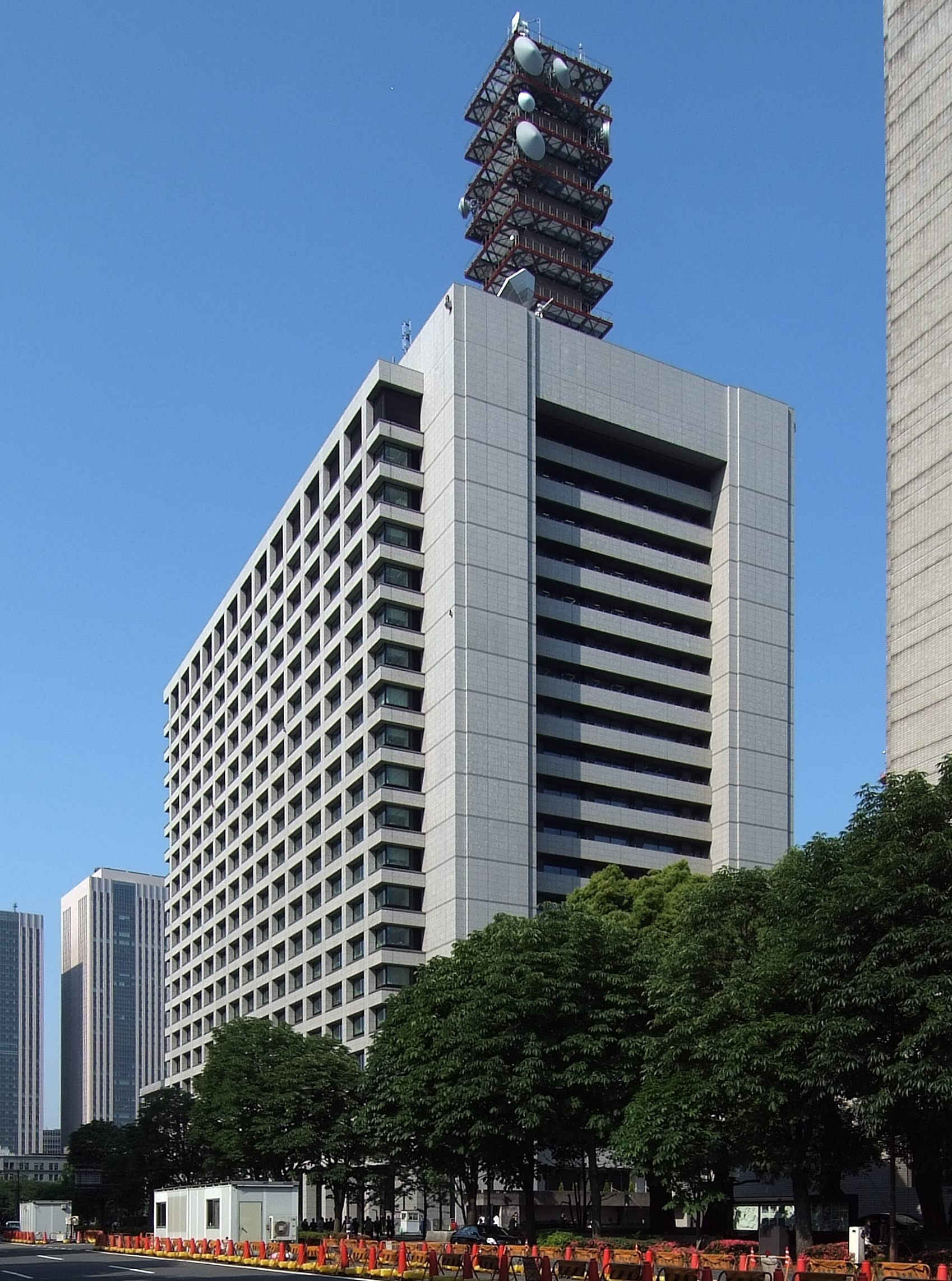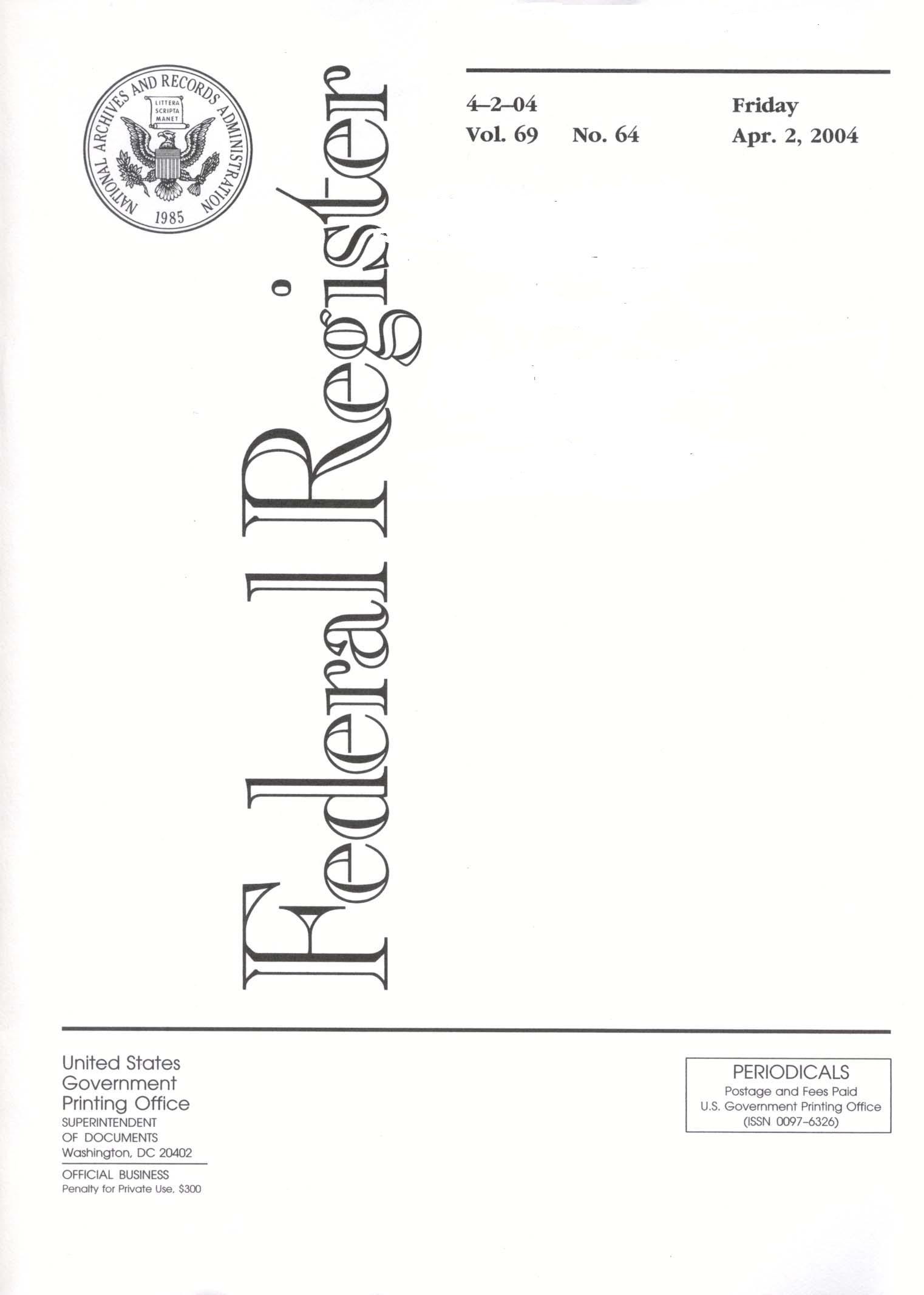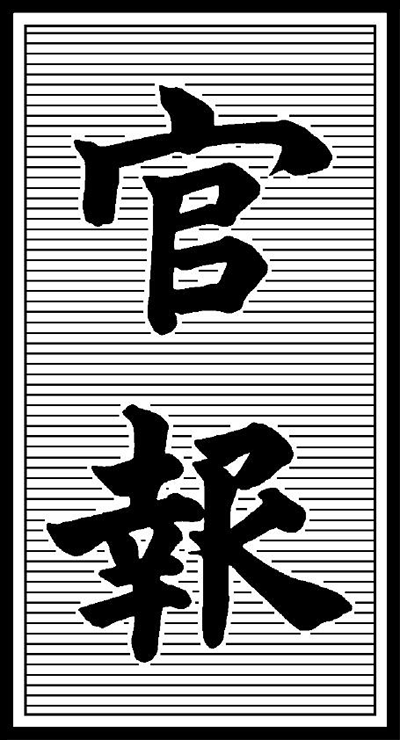|
Kōsatsu
The Kōsatsu (, literally "High plaque"), also called Seisatu (, literally "Controlling plaque"), was the public notice of the han-lord's or shogun's proclamations in the Japanese history. They were the local or nationwide laws written on the wooden plate, placed in the kōsatsu-ba of the shukuba or sekisho ( 関所), the border between han, where there was frequent traffic. The kōsatsu has been used from the late Nara Period of the Japanese history. One of the kosatsu in the Edo Period was on prohibiting Christianity. As the people's literacy rate improved and the modern nation emerged, the kōsatsu was abolished in 1873 and eventually replaced by the Kanpō (Japanese government gazette) and other means. See also *Public notice Public notice is a notice given to the public regarding certain types of legal proceedings. __TOC__ By government Public notices are issued by a government agency or legislative body in certain rulemaking or lawmaking proceeding. It is a requ ... ... [...More Info...] [...Related Items...] OR: [Wikipedia] [Google] [Baidu] |
170514 Gose-machi Gose Nara Pref Japan11n
Seventeen or 17 may refer to: *17 (number), the natural number following 16 and preceding 18 * one of the years 17 BC, AD 17, 1917, 2017 Literature Magazines * ''Seventeen'' (American magazine), an American magazine * ''Seventeen'' (Japanese magazine), a Japanese magazine Novels * ''Seventeen'' (Tarkington novel), a 1916 novel by Booth Tarkington *''Seventeen'' (''Sebuntiin''), a 1961 novel by Kenzaburō Ōe * ''Seventeen'' (Serafin novel), a 2004 novel by Shan Serafin Stage and screen Film * ''Seventeen'' (1916 film), an American silent comedy film *''Number Seventeen'', a 1932 film directed by Alfred Hitchcock * ''Seventeen'' (1940 film), an American comedy film *''Eric Soya's '17''' (Danish: ''Sytten''), a 1965 Danish comedy film * ''Seventeen'' (1985 film), a documentary film * ''17 Again'' (film), a 2009 film whose working title was ''17'' * ''Seventeen'' (2019 film), a Spanish drama film Television * ''Seventeen'' (TV drama), a 1994 UK dramatic short starring Christien ... [...More Info...] [...Related Items...] OR: [Wikipedia] [Google] [Baidu] |
Literacy Rate
Literacy in its broadest sense describes "particular ways of thinking about and doing reading and writing" with the purpose of understanding or expressing thoughts or ideas in written form in some specific context of use. In other words, humans in literate societies have sets of practices for producing and consuming writing, and they also have beliefs about these practices. Reading, in this view, is always reading something for some purpose; writing is always writing something for someone for some particular ends. Beliefs about reading and writing and its value for society and for the individual always influence the ways literacy is taught, learned, and practiced over the lifespan. Some researchers suggest that the history of interest in the concept of "literacy" can be divided into two periods. Firstly is the period before 1950, when literacy was understood solely as alphabetical literacy (word and letter recognition). Secondly is the period after 1950, when literacy slowly ... [...More Info...] [...Related Items...] OR: [Wikipedia] [Google] [Baidu] |
Communications In Japan
The nation of Japan currently possesses one of the most advanced communication networks in the world. For example, by 2008 the Japanese government's Internal Affairs and Communications Ministry stated that about 75 million people used mobile phones to access the Internet, said total accounting for about 82% of individual Internet users. Overview of communication services Telephone services Telephones and ISDN – main lines in use: 52.3981 million (2007) IP phone lines in use: 16.766 million (2007) Mobile and PHS lines in use: 105.297 million (2007) :''international:'' satellite earth stations – 5 Intelsat (4 Pacific Ocean and 1 Indian Ocean), 1 Intersputnik (Indian Ocean region), and 1 Inmarsat (Pacific and Indian Ocean regions); submerged cables to China, Philippines, Russia, and US (via Guam) Mobile phone services There are four nationwide mobile phone service providers: NTT DoCoMo, KDDI, Ymobile, and Rakuten mobile. Radio and television broadcasting Radio broadca ... [...More Info...] [...Related Items...] OR: [Wikipedia] [Google] [Baidu] |
Legal History Of Japan
Law is a set of rules that are created and are enforceable by social or governmental institutions to regulate behavior,Robertson, ''Crimes against humanity'', 90. with its precise definition a matter of longstanding debate. It has been variously described as a science and as the art of justice. State-enforced laws can be made by a group legislature or by a single legislator, resulting in statutes; by the executive through decrees and regulations; or established by judges through precedent, usually in common law jurisdictions. Private individuals may create legally binding contracts, including arbitration agreements that adopt alternative ways of resolving disputes to standard court litigation. The creation of laws themselves may be influenced by a constitution, written or tacit, and the rights encoded therein. The law shapes politics, economics, history and society in various ways and serves as a mediator of relations between people. Legal systems vary between jurisdictions, ... [...More Info...] [...Related Items...] OR: [Wikipedia] [Google] [Baidu] |
Public Notice
Public notice is a notice given to the public regarding certain types of legal proceedings. __TOC__ By government Public notices are issued by a government agency or legislative body in certain rulemaking or lawmaking proceeding. It is a requirement in most jurisdictions, in order to allow members of the public to make their opinions on proposals known ''before'' a rule or law is made. For local government, public notice is often given by those seeking a liquor license, a rezoning or variance, or other minor approval which must be granted by a city council, county commission, or board of supervisors. By private individuals or companies Parties to some legal proceedings, such as foreclosures, probate, and estate actions are sometimes required to publish public notices. In communications Public notices are sometimes required to seek a new broadcast license from a national broadcasting authority, or a change to modification to an existing license. U.S. broadcast stations are ... [...More Info...] [...Related Items...] OR: [Wikipedia] [Google] [Baidu] |
Government Gazette
A government gazette (also known as an official gazette, official journal, official newspaper, official monitor or official bulletin) is a periodical publication that has been authorised to publish public or legal notices. It is usually established by statute or official action, and publication of notices within it, whether by the government or a private party, is usually considered sufficient to comply with legal requirements for public notice. Gazettes are published either in print, electronically or both. Publication within privately owned periodicals In some jurisdictions, privately owned newspapers may also register with the public authorities in order to publish public and legal notices. Likewise, a private newspaper may be designated by the courts for publication of legal notices. These are referred to as "legally adjudicated newspapers". See also *List of government gazettes **List of British colonial gazettes *Journals of legislative bodies *Annals Annals ( la, an ... [...More Info...] [...Related Items...] OR: [Wikipedia] [Google] [Baidu] |
Kanpō (Japanese Government Gazette)
Kanpō (, literally "Official report") is the government gazette, official gazette of the Japanese government. Its official publication started in 1886, from National Printing Bureau of the Ministry of the Treasury, Ministry of Finance. Japan traditionally relied on the Kōsatsu, a wooden plaque placed at shukuba and other important places to let the public in general know the shogun's nationwide or daimyo's local proclamations. As the people's literacy rate improved and the modern nation emerged under the Meiji government, the Kōsatsu was abolished in 1873 and eventually replaced by the ''Kanpō'', the Japanese government gazette, now available on the Internet. See also *Public notice *Kōsatsu References External linksKanpo Internet Kanpo (National Printing Bureau)in JapaneseGovernment Publications Service Centers of Kanpo Ltd. in Japanese {{Authority control Government gazettes Newspapers published in Japan Mass media in Japan ... [...More Info...] [...Related Items...] OR: [Wikipedia] [Google] [Baidu] |
Edo Period
The or is the period between 1603 and 1867 in the history of Japan, when Japan was under the rule of the Tokugawa shogunate and the country's 300 regional '' daimyo''. Emerging from the chaos of the Sengoku period, the Edo period was characterized by economic growth, strict social order, isolationist foreign policies, a stable population, perpetual peace, and popular enjoyment of arts and culture. The period derives its name from Edo (now Tokyo), where on March 24, 1603, the shogunate was officially established by Tokugawa Ieyasu. The period came to an end with the Meiji Restoration and the Boshin War, which restored imperial rule to Japan. Consolidation of the shogunate The Edo period or Tokugawa period is the period between 1603 and 1867 in the history of Japan, when Japan was under the rule of the Tokugawa shogunate and the country's regional '' daimyo''. A revolution took place from the time of the Kamakura shogunate, which existed with the Tennō's court, to the Tok ... [...More Info...] [...Related Items...] OR: [Wikipedia] [Google] [Baidu] |
Public Notice
Public notice is a notice given to the public regarding certain types of legal proceedings. __TOC__ By government Public notices are issued by a government agency or legislative body in certain rulemaking or lawmaking proceeding. It is a requirement in most jurisdictions, in order to allow members of the public to make their opinions on proposals known ''before'' a rule or law is made. For local government, public notice is often given by those seeking a liquor license, a rezoning or variance, or other minor approval which must be granted by a city council, county commission, or board of supervisors. By private individuals or companies Parties to some legal proceedings, such as foreclosures, probate, and estate actions are sometimes required to publish public notices. In communications Public notices are sometimes required to seek a new broadcast license from a national broadcasting authority, or a change to modification to an existing license. U.S. broadcast stations are ... [...More Info...] [...Related Items...] OR: [Wikipedia] [Google] [Baidu] |
Nara Period
The of the history of Japan covers the years from CE 710 to 794. Empress Genmei established the capital of Heijō-kyō (present-day Nara). Except for a five-year period (740–745), when the capital was briefly moved again, it remained the capital of Japanese civilization until Emperor Kanmu established a new capital, Nagaoka-kyō, in 784, before moving to Heian-kyō, modern Kyoto, a decade later in 794. Japanese society during this period was predominantly agricultural and centered on village life. Most of the villagers followed Shintō, a religion based on the worship of natural and ancestral spirits named ''kami.'' The capital at Nara was modeled after Chang'an, the capital city of the Tang dynasty. In many other ways, the Japanese upper classes patterned themselves after the Chinese, including adopting the Chinese writing system, Chinese fashion, and a Chinese version of Buddhism. Literature Concentrated efforts by the imperial court to record its history produced the ... [...More Info...] [...Related Items...] OR: [Wikipedia] [Google] [Baidu] |




